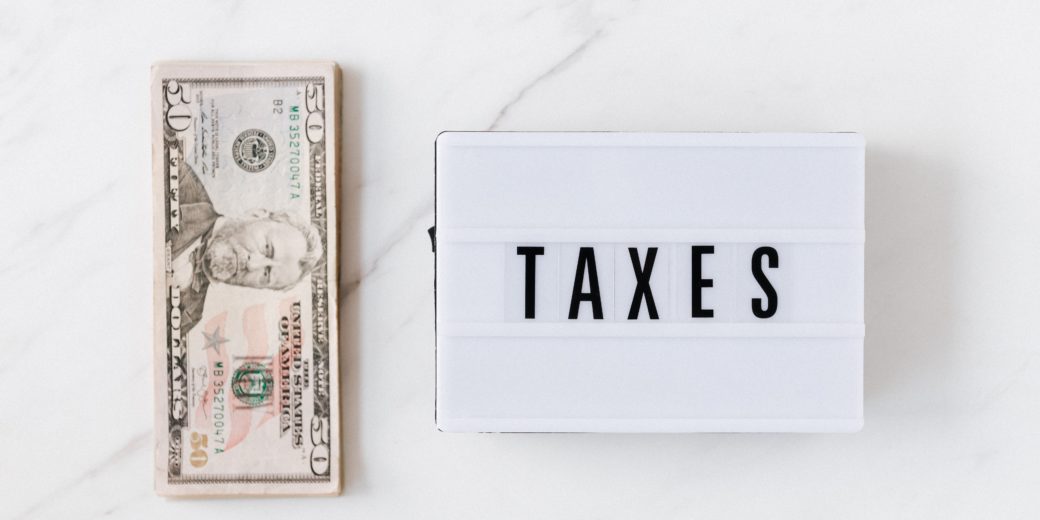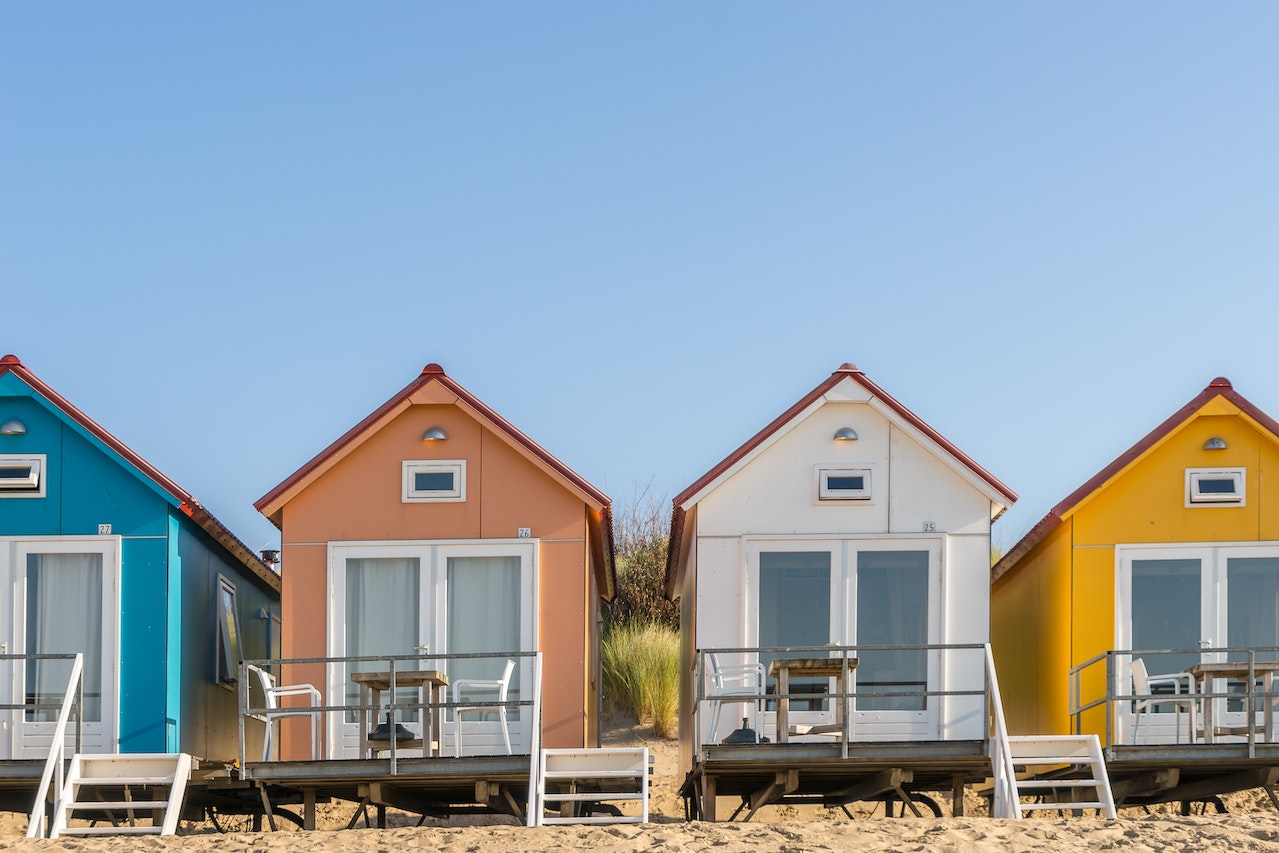Tax Implications of Multiple Home Ownership

Real estate is a safe investment in most situations. While most people purchase multiple properties for the sake of renting them out and earning extra income, others prefer to own two properties for personal use.
If you choose to purchase a second home, there are many things to consider, but the most important is taxes. Before you make the leap into multiple home ownership, there are several things you need to think about your tax obligations, including deductions, second home use, and selling. While there are other things to consider, you will want to hire a tax accountant to handle the more specific issues.
More Homes Equal More Taxes and Possibly Fewer Deductions

Obviously, owning two homes equates to two sets of property tax. Unfortunately, depending on the amount you already pay, both sets of property taxes are likely not deductible.
The Tax Cuts and Jobs Act of 2017 set a cap on how much property taxes are deductible. Therefore, while both sets of taxes are eligible as deductions on federal tax forms, if you pass the new limit, you cannot claim everything. The new deduction limit is $10,000 annually. Unfortunately, homeowners may reach the new limit quicker than expected, especially in certain parts of the country where tax rates are higher.
More Users, Lower Taxes

Keeping your second home all to yourself will eliminate many tax complications. A second home for personal use and not income means the property gets taxed much the same as your primary residence.
Just because you do not use the house as a primary source of income does not mean you can't rent it out periodically. According to tax experts, if you rent your home out fewer than 14 days out of the year, the law still considers it personal property.
Renting out your home for over 14 days changes your tax situation. Suddenly, your second house becomes a rental property. While turning a second house into a rental property is more complicated initially, it can provide many more benefits. Rental properties allow for more deductions, such as maintenance and utilities. These deductions can help offset taxes on the new income.
Greater Financial Expense When Selling

While there are few changes or differences between owning one house and owning two, things change drastically when selling a second property. For a married owner selling their primary residence, you can exclude gains of $500,000. Unfortunately, selling a secondary property does not equate to the same benefit.
Secondary residences, even those for personal use, are subject to capital gains tax rates. Capital gains rates are usually high, up to 20% in 2020, depending on income. If you have owned the property for less than a year, the taxes are often higher.
Thankfully, there is a way around the capital gains rule. You can move into the house and live there for two to five years before selling it. Living in the house for an extended period allows homeowners to qualify for the capital gains exclusion.
Buying any home, whether a primary residence or an investment property, requires forethought. Owning two places will come with some tax complications and benefits. Still, before you make a purchase, you should speak with a licensed fiduciary or accountant about possible tax implications.
